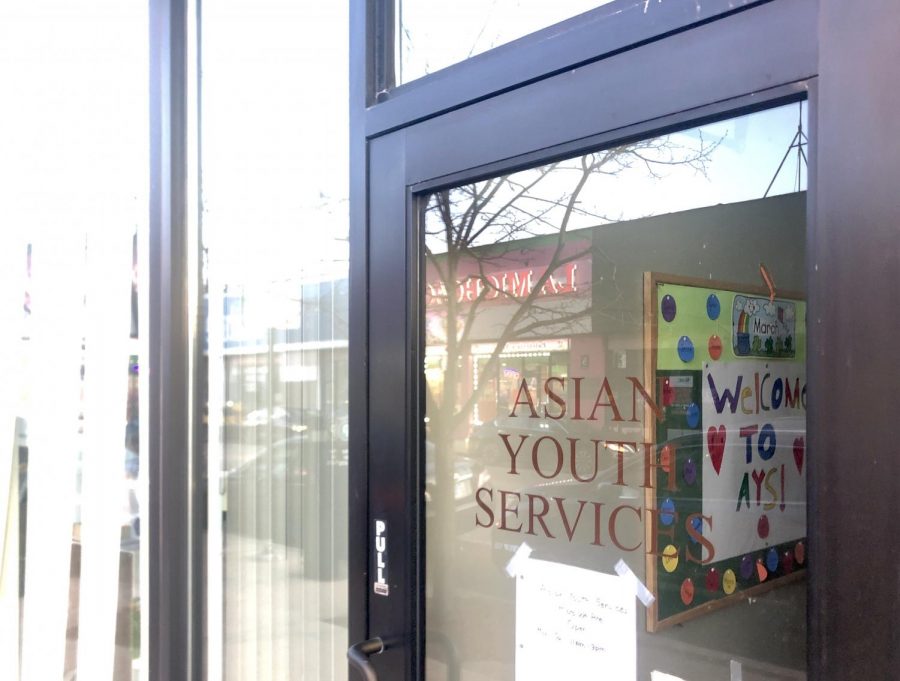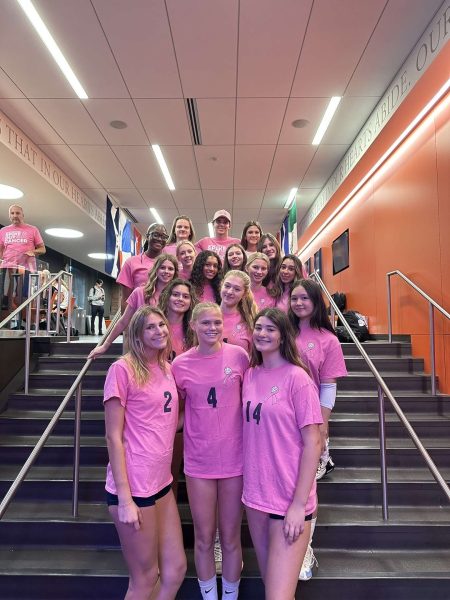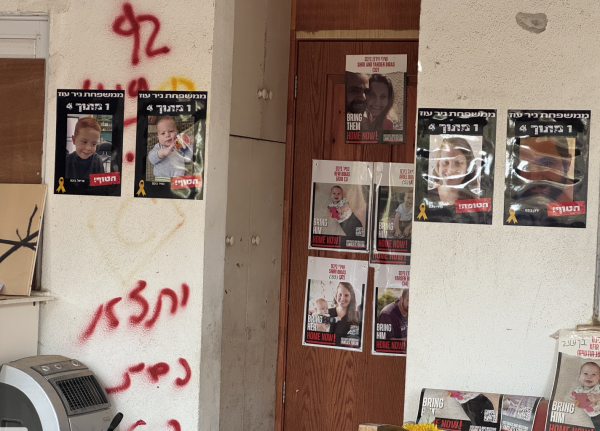Service Organizations Face Unique Threat
Asian Youth Services, at 3117 W. Lawrence Ave, has been forced to close by the pandemic
April 18, 2020
A six o’clock drive past Asian Youth Services—an after-school tutoring center founded to provide instruction and food to the children of Southeast Asian refugees—revealed a desolate scene. A look through the glass door presented not second-graders drawing comical portraits of each other, but a dim, grey vacancy. In the doorway, where the children would usually giggle and wish farewell to tutors, the vinyl blinds were pulled shut.
The somber image outside Asian Youth Services reflects a crisis much larger than itself. Across the city and country, service organizations and nonprofits have been forced into a unique predicament: the COVID-19 pandemic has worsened the problems they fight, while simultaneously weakening their ability to fight them. Paradoxically, Chicago needs nonprofits to help the communities most affected by the crisis, but in-person service could endanger those communities even further.
“This is an overwhelming situation,” said Shari Fenton, the director of AYS. “I don’t know what to do. It’s difficult to help kids with homework over the phone, and many of the families we work with are no longer receiving food assistance—food is a big issue.”
Nick Buday ‘21, a frequent volunteer at the organization, explained, “Many of the kids depend on the organization to step in where their teachers have fallen short. I’ve deeply bonded with them over the past three years; it’s really hard to be separated. It’s hard for both them and me.”
Inspiration Corporation, a nonprofit that aims to instill self-sufficiency among members of Chicago’s homeless population, has also come across obstacles in its operational model. Hallie Witmer, the organization’s development manager, spoke to the pandemic’s emotional impact: “We have changed our methods of service delivery, but it has been a challenge. Many people experiencing homelessness already feel a deep sense of social isolation.”
Evidently, warm, in-person contact is a key step in fighting homelessness, but is wholly incompatible with social distancing. As Janet Deckenbach, director of the Hyde Park/Kenwood Food Pantry, said, “I hate not being able to offer our recipients the hospitality of a warm spot to sit while waiting for the food. And it’s not easy to build relationships when everything we say has to be shouted through masks at a distance.”
So how can service organizations escape from this catch-22 situation? How can they continue to serve while preserving not only their own health but that of the city? Well, there’s only one way: reinvent themselves.
Temple Sholom, a Lakeview synagogue with an extensive meal program, has taken to offering curbside take-out meals. “We have moved from a four-course, sit-down meal made from scratch, to bag dinners taken to go. While we know that this is the right thing to do for everyone, it’s hard to lose the human contact and socializing that brings a sense of dignity, warmth, and community,” said Rabbi Shoshanah Conover, a member of the clergy.
The weekly meal program at St. Chrysostom’s church in the Gold Coast neighborhood took a similar approach. “This coming program date, several people will be cooking in their homes and will package the food up in bulk to take to church,” said Elizabeth Kohlbeck, leader of the program. “It will be packaged in single-serving bags and put out to be picked up by those guests who choose to venture out. No human contact!”
Perhaps most crippling of all is the reality that, as it stands, there is no light at the end of the COVID-19 tunnel. In order to stay afloat, these organizations can only trudge forward, dependent on the kindness of donors but fueled by an unrelenting desire for a more equitable city.
Even in a pandemic, the issues some consider to be synonymous with the word “Chicago” prevail. Hunger, gun violence, discrimination, and poverty all kill in tandem with the virus.
But even in a pandemic, Chicago’s service organizations refuse to back down.
Contact Ms. Bunger ([email protected]) for a comprehensive list of how and what you can contribute to each organization.























































